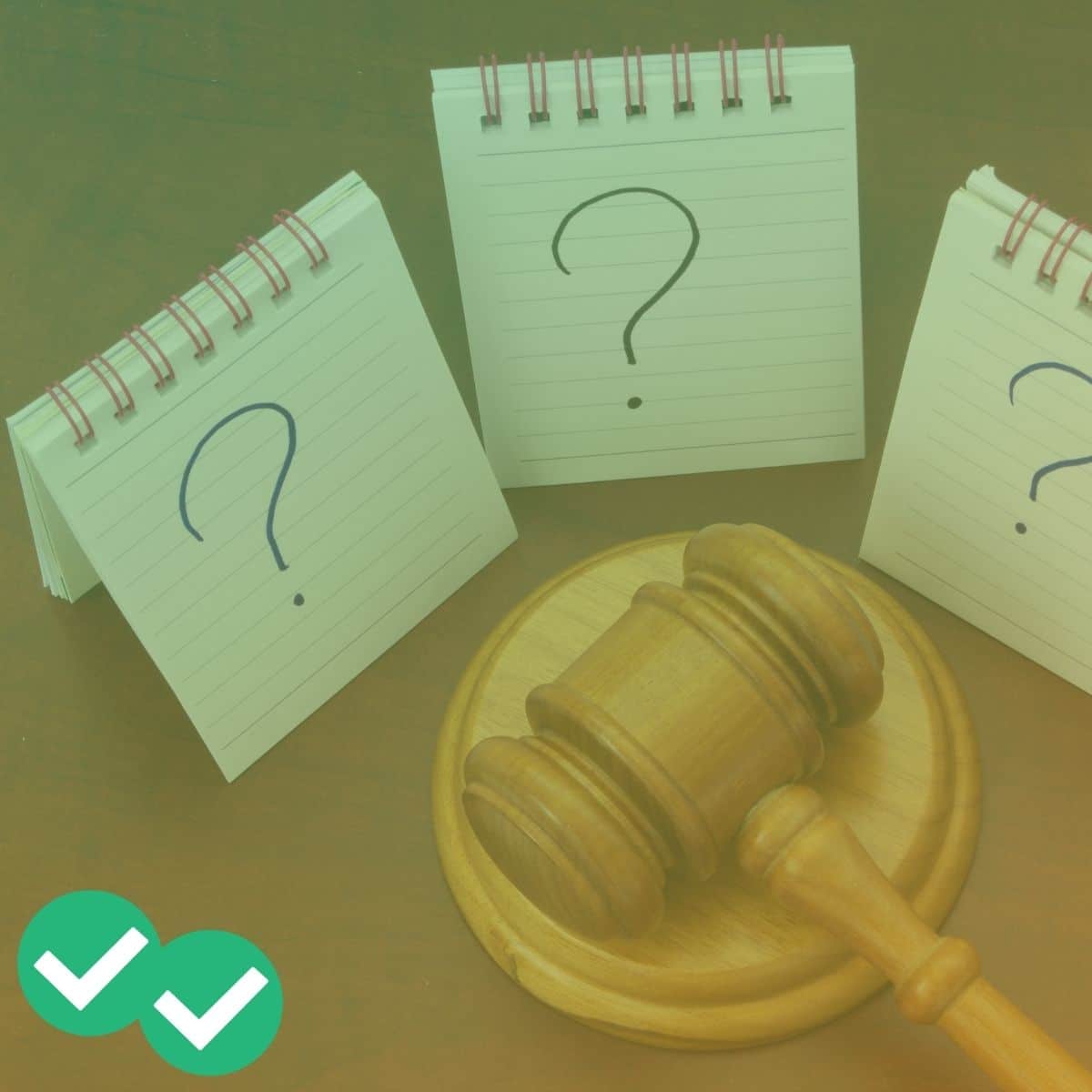Update: Taking the LSAT in August 2024 or later? Be sure you know about major upcoming changes to the test and plan accordingly. In particular, the Analytical Reasoning section (aka Logic Games) will be removed, and there will be a new argumentative task in the Writing section. Taking the test before August 2024? Read on!
Formal logic is one of the dreaded monsters of the LSAT, largely because it forces you to pay attention to all those tiny words you usually skim over. If is one such word, and it’s definitely one of the most important words to understand on the exam.
The Standard If/Then Statement
Most people are pretty comfortable with basic if/then statements. If you’ve ever read a sentence like, “If today is Valentine’s Day, then it is February,” then you’ve confronted the basic if/then structure (that was so meta). An if/then statement has two terms. If you know the first term is true, then that is sufficient to know that the second term is true. In other words, if we know today is Valentine’s Day, we don’t need any other information to conclude with certainty that it is currently the month of February.
On the other hand, knowing that today is February doesn’t necessarily mean it’s Valentine’s Day. It does support the possibility that today is Valentine’s Day, though. In that sense, it’s necessary that today be in the month of February in order for today to be Valentine’s Day.
So, we can label the first term as sufficient to guarantee the truth of the second term. We can label the second term as necessary to confirm the truth of the first term. And that, my friends, is the definition of a necessary vs. sufficient relationship (which, given the order in which they occur in the statement, would be more appropriately called a sufficient vs. necessary relationship, but no one really says it that way).
Let’s lay it out graphically. The following statements are all logically equivalent.
-
- If today is Valentine’s Day→ it is currently the month of February
-
- If A→ B
-
- If A is true→ B is definitely true.
-
- If it’s currently February→ it might be Valentine’s Day.
-
- If B is true→ A might be true.
-
- If it’s not currently February→ today is definitely not Valentine’s Day.
- If B is not true→ A is definitely not true.
Contrapositives
Those last two sentences are particularly important ones. By taking the two original terms, swapping their order, and negating both of them, we have formed the contrapositive of the original if/then statement. The contrapositive is always logically equivalent to the original statement (in other words, it must be true). In fact, the contrapositive is the only other absolute certainty we can draw from an if/then statement:
If we know that today is Valentine’s Day, that is sufficient to know for sure that it’s also February.
In order for today to be Valentine’s Day, it’s necessary that today is in the month of February.
Thus, if today is not in the month of February, there’s no way that today could be Valentine’s Day, and that’s our contrapostive!
Contrapositives are valuable on the LSAT because they provide us with a piece of information that is not explicitly stated but is definitely true. Thus, they allow you to reach conclusions that you couldn’t reach if you used only what is written on the page.
However, contrapositives can be dangerous if you’re not careful. It’s very easy to draw a false conclusion from an if/then statement by forming your contrapositive incorrectly. Here are the most common mistakes people make when forming a contrapositive:
-
- Swapping the terms but not negating them.
This is like saying, “If it’s currently February, then it’s Valentine’s Day.” Sure, it could be Valentine’s Day, but it could also be any other day in February.
- Swapping the terms but not negating them.
-
- Negating the terms but not swapping them.
This is like saying, “If it’s not Valentine’s Day, then it’s not February.” Again, this could be
true because it could be June or September or December, but it also might be any day in
February other than Valentine’s Day.
- Negating the terms but not swapping them.
-
- Applying a false “trigger”.
Logically, doing this means you’re making one of the two previous mistakes, but it’s a bit
more subtle. Read on for an explanation.Triggers
A “trigger” is a term in an if/then statement that guarantees a certain result. It’s the first term in a standard if/then statement. However, there are other forms of if/thens in which the trigger could appear as the second term. I talk about those in this blog post, so check it out if you’re interested.
Applying a false trigger means you’re using the second term as a trigger or you’re
somehow changing the first term. For example, the trigger in “If it’s Valentine’s Day, then it’s February” is knowing that today is Valentine’s Day. If today is not Valentine’s Day, we don’t know anything else for certain. Likewise, if today is February, we don’t know really know anything else about the day. But, if today is not February, we do know that it’s also not Valentine’s Day. This is because “not February” is the trigger in our contrapositive.
- Applying a false “trigger”.
So remember these two things about if/then statements:
-
-
- Contrapositives need to be crafted carefully by swapping and negating both terms in your if/then statement.
-
-
-
- Only the first term in a standard if/then statement is a trigger, and it needs to be interpreted narrowly. Negating the trigger, or using the result as a trigger, will bring you to a possible, but not necessary, conclusion.
-







Leave a Reply